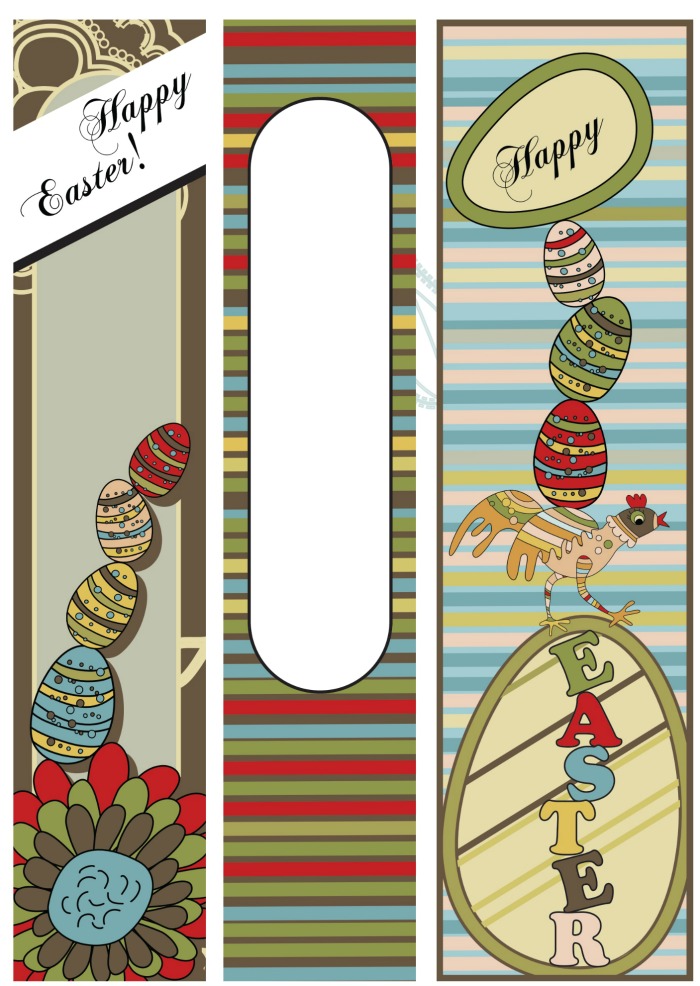
Part 1: Business Blogging:Five Ways to Find Your Voice
I have taken on a new client recently and am helping her to explore and build her business blog. The client has a blog already and has taken certain steps to identify how to improve business on line, but there are still areas in need of improvement. For instance the blog is sort of an add on to the main entry point – web site – portion of her business. It is not as seamless as it should be and it isn’t sharing well to social media right now. (Twitter, Facebook, Pinterest). Blogging is not an add on to a business, but an integral part of connecting with customers in a digital age. So as I share with her some tips on how to change that blog and make it connect with customers, I am going to share a new series here with you.
The Business of Blogging will periodically give you some insights into how to build your business with blogging.
The Business of Blogging
Five Ways to Find Your Voice
1. How do you talk?
A client said to me the other day: I am worried that I blog the way I talk. I asked her why she was worried about that and the answer was: “Well I talk in run on sentences and am worried it sounds strange in a blog post.” Now I didn’t agree 100 % with her assessment that she was blogging the way she talks, but I believe that’s actually one of the best places to start. Blogging for business or for personal reasons: whatever your motivation, your style should almost always be reflective of voice. Tape yourself speaking some time, then play it back and compare to a written paragraph of what you are trying to pass off as a blog post. Is there a giant difference? If there is, then I suggest starting over with your blog post. Of course you don’t write a post with umm and ahh and run on sentences, but you should almost always be writing with an ear to how it sounds.
Read what you have written out loud and eliminate the words you trip over.
Remove all the thats.
Make it sound conversational, unless you are tech writing for a very technical publication/blog.
Conversational reads best.
Jargon should not be left unexplained, better yet don’t use jargon at all.
2. Who is Your Audience?
Assess who you are writing for and then speak to them every time you are writing. Crucial to developing your voice. You have to know your reader before you can succeed at blogging. The reader helps you determine tone. Pretend they are in the room with you and address them as you write. Your voice should be reflective of who you are when you are speaking to that reader.
3. What are you reading?
Are you reading? Are you a reader? You can’t begin to be a good writer unless you are reading constantly. What are you reading? If you want to blog well, then you need to read blogs. Oh you can keep reading books too, but you better get started with some great blogs and keep reading regularly. I see daily some of the best writing, period happening on blogs. So pick some and read them daily and learn from them. Don’t copy, but at the same time absorb and analyze what works for them. And leave a comment also after you read. Bloggers appreciate that and it helps you to build a connection and a relationship with another writer who may, in time, be a resource for you.
4. Blogs Aren’t Second Best.
My recent client is still treating the blog art form as a second best vehicle for writing. It’s not. It is the biggest opportunity out there for your business to connect with readers. It is also the location of some of the best writing on the Internet. It is an opportunity to be you and let your personality, plus style, plus business all build your brand. Don’t treat your blog as a dumping ground or a draft notepad. It is a permanent legacy, a testimony for your business and a footprint leading back to your business. It’s your digital welcome mat.
5. Practice.
Writing improves with two things: reading and practice. Practice, practice, practice. Experiment a bit if you want, but remember that your blog is a place where you represent your business as a brand. Find your niche and become the expert in your area. Combine style, voice, branding and expertise to grow your business and maintain an instant connection with your clients. Read your posts out loud before publishing. Read them out loud as you are writing.
My favourite sites for business and blogging.
and
and most of all this one right here.
Spectrum Psychological
These are not ads and this is not sponsored. These are my favourite examples of how to do business blogging well. Stay tuned next week for more in the Business Blogging Series.






One Comment
Jackie Currie
Thanks for this, Paula. I have a confession. I HATE writing. I know that sounds weird – a blogger who hates writing. And here’s the thing. I actually LOVE writing when I’m not writing for my blog. I love writing hand-written letters to people. My Nan and my Mother-in-law always said they loved getting my letters because it was like reading a story, but writing for an “audience” is so much difference. I agonize over everything I say, and I think I’m far too formal or technical. My photos? No problem. I stuff my posts full of them because they rock (well, *I* think they do hehee). If my posts could be wordless, and just feature the photos, I’d pump out a post every day, but the writing part. Oy. It takes me a couple of hours to write a simple craft tutorial. Painful. Anyway, I’ve rambled on too long. See? i told you I didn’t have any trouble writing when it’s not for my blog! I just wanted to thank you for the valuable advice.